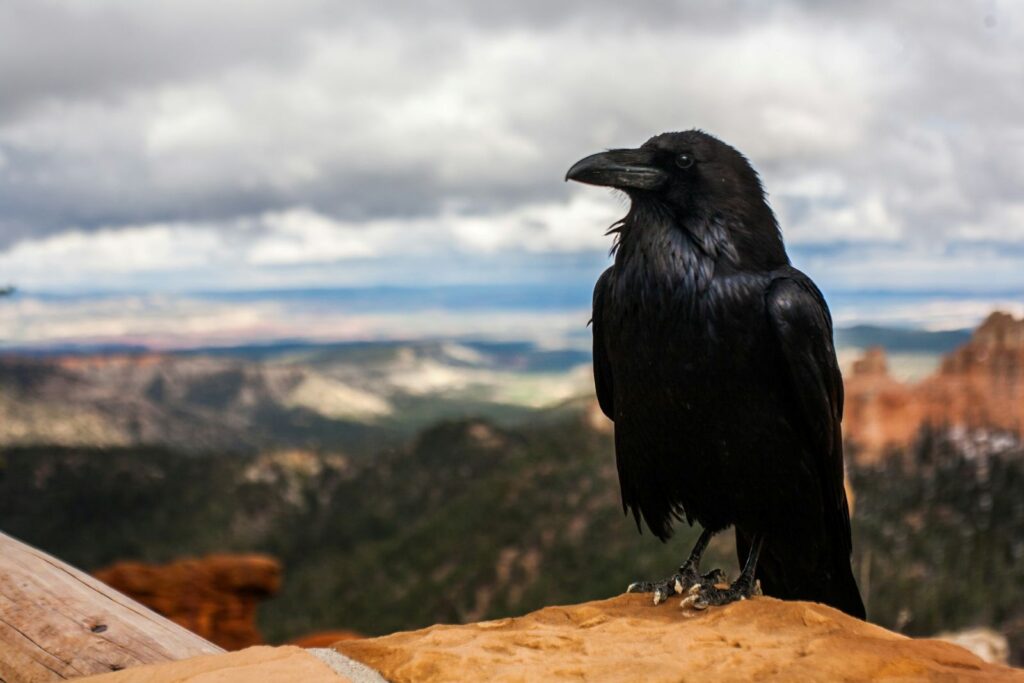Welcoming the Trickster
I, like many, have been amused and surprised by the Louvre heist. As a quick refresher, at 9:30 in the morning, thieves in yellow vests scaled a truck-mounted ladder to the second-floor balcony of the Apollo Gallery, home to the French crown jewels, among other treasures. Using an angle grinder to force open a window, they took just four minutes to enter the room, cut open two cases displaying Napoleonic jewels, grab nine pieces, and flee back down the ladder, according to CNN.
Instead of focusing on the heist itself or the ethics surrounding museum acquisition, theft, etc., I want to talk about why I think the story is so compelling. The museum heist is giving major trickster energy. The trickster is an archetype that crosses and often breaks both physical and societal rules. Tricksters “violate principles of social and natural order, playfully disrupting normal life and then re-establishing it on a new basis,” according to author Lewis Hyde.
There are many myths about the trickster from Indigenous tribes, often centering around coyote, spider, or raven. Here’s an abbreviated version of a story about Raven demonstrating how the trickster often makes things better for everyone:
Raven was told of a well with a never-ending supply of water. When Raven arrived, it learned the man who owned the well kept it covered and never left its side. He even built his house around the well and slept by it so that no one else could drink from it. But Raven began to scheme how to get this water.
Raven disguised itself as the man’s brother-in-law and went to the man, telling him he would stay the night with him. Both went to sleep, and in the early morning, Raven left and procured dog dung that he put on the sleeping man’s butt. Raven woke the man and showed him the “accident” he had in the night. The man, embarrassed, ran out of the house to clean up. While he was away, Raven drank nearly all the water, but he was caught when the man returned. Raven escaped and flew over the land, spitting water here and there, creating the great rivers of the world.
This is the myth certain Indigenous tribes use to explain the presence of great rivers, and while in this case the Raven did something good for all of humanity, I’m not sure that’s true for the museum heist. But what interests me about the trickster is many Indigenous communities think tricksters are essential, that they help us contact the sacred. Even in sacred ceremonies, tricksters are embedded in the ceremony and mock people, make crude jokes, and crawl down ladders headfirst. They do this because these communities say the sacred comes to us through upset, reversal, surprise.
Until I listened to the Emerald Podcast, I’d never heard of that concept, but it’s so true. Some of my biggest periods of transformation arrived on the heels of upset, reversal, and surprise. I want life to go according to my plans. I want things to be neat and orderly, but they never are. What if instead of fighting that, I accepted it? What if I made space for disruption because it’s going to happen anyway? We like to pretend it doesn’t or won’t but the museum heist, the political situation, heck, even the weather, demonstrate that disruption is not the exception, it’s the norm.
For me, welcoming the trickster means accepting upset, reversal, and surprise are a part of life. Just as life is a wheel, it’s also surprising. I don’t want to keep fighting that aspect or pretending I’m in charge or in control when I’m so clearly not. This is one of the biggest spiritual lessons I’ve had to learn over and over again: surrender. For today, surrender means not only accepting that the trickster is a part of life but actively welcoming it and saying, “I’m making space for you.”
I dream of a world where we understand things never go according to plan and they aren’t supposed to. A world where we recognize the trickster is an archetype for a reason. A world where we understand the sacred and profane are the two wings of one bird. A world where we welcome the trickster.
Another world is not only possible, it’s probable.



Beautiful article ! Super informative, and a great reminder for what SURRENDER can look like for me today. Trickster, you officially have a spot at my table!
<333 Thanks, Nathan!
[…] meant I waited a grand total of 2 minutes rather than the 15 I begrudgingly anticipated. Here was the trickster working in my favor. I usually think of the trickster as the disruptive force that makes it rain on […]